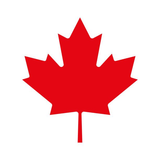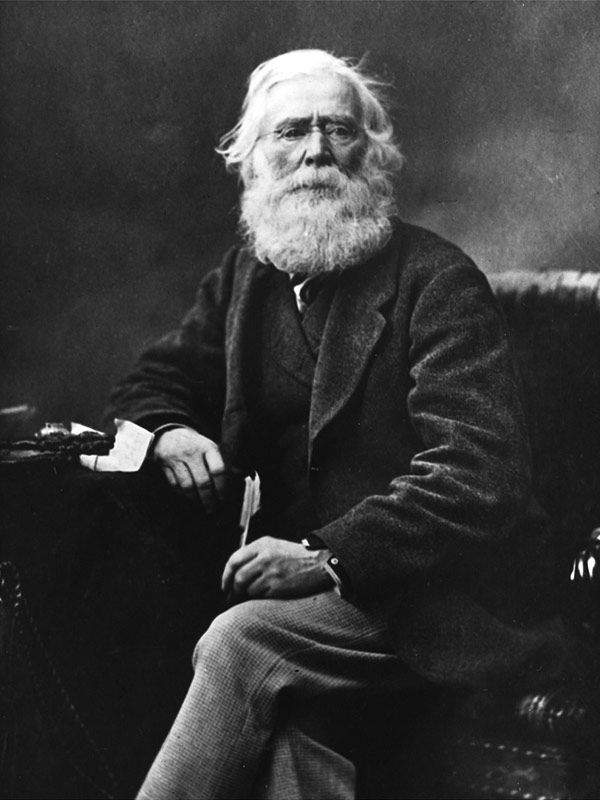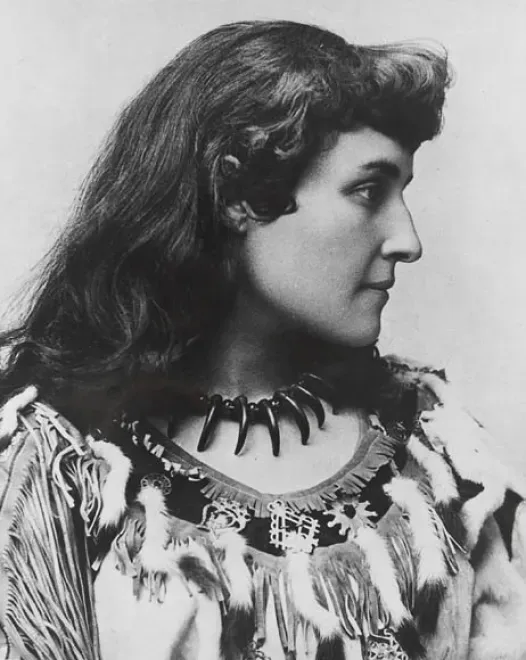Pass The Canadian Citizenship Test With Confidence
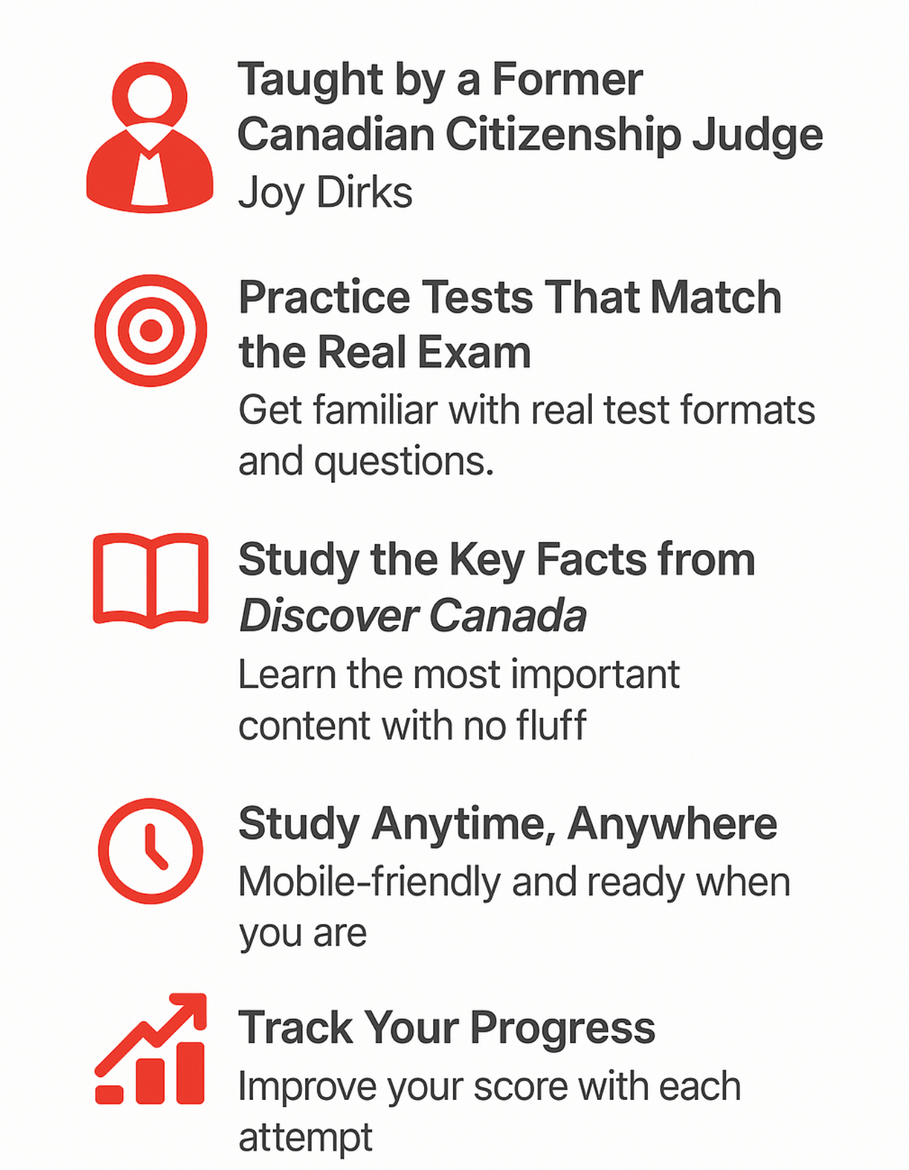
Here is what Joy's students are saying
Articles
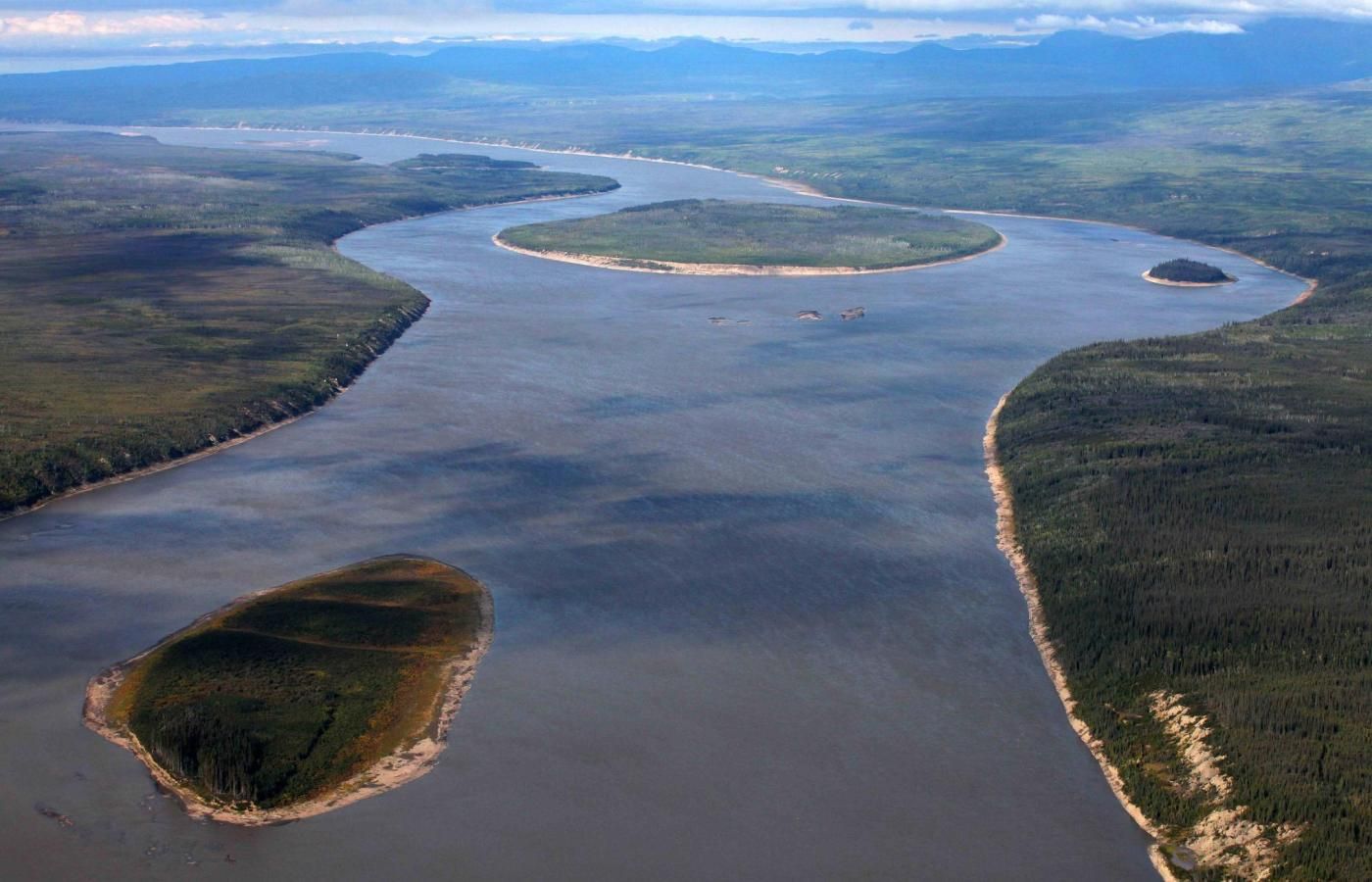
Becoming A Canadian Citizen
Being a Canadian is more than just a passport. It’s also a way of life. Being a citizen gives you rights, privileges and also responsibilities. If you want to become a citizen, there are several different ways to do so. In some cases, it’s as simple as filling out an application, but in others it’s going to require additional work on your part. Once you decide that you would like to become a Canadian citizen, the first step is figuring out which category you fall under. There are three primary paths to citizenship: General Path, SPV and the CVC program. Depending on your circumstances one will be better than the other for you. Keep reading to discover more about each of these programs and which one is right for you – or if none of them are!
The General Path to Citizenship
The General Path is the path that all Canadian citizens begin on. If you apply for Canadian citizenship under the General Path, you must meet certain criteria that all potential Canadian citizens must meet. You must have lived in Canada for at least three years in the last five years before applying for citizenship. You also need to be physically present in Canada for a minimum of 1,460 days within those three years. One of the most common reasons people apply for Canadian citizenship under the General Path is because they want to apply for a Canadian passport. Having a Canadian passport is a great benefit to have, but it’s important to understand that it doesn’t make you any more Canadian than someone who has been a citizen their entire life. The only real difference is that a Canadian passport allows you to travel and work in more countries than a non-Canadian passport does.
Becoming a Canadian Citizen Through the SPV Program
The Super Apprentice Path to Citizenship (SPV) program is a program that was created to help highly skilled workers and their families become Canadian citizens. If you’re considering this path and you meet the requirements, it’s definitely worth looking into. The SPV program is different from the General Path in that the General Path requires a minimum of three years of physical presence in Canada, while the SPV program requires only one year of physical presence in Canada. This is significant because many people who have lived in Canada for three years may have actually been outside of Canada for a significant amount of time. If you’re applying for citizenship under the SPV program, you will need to meet the following criteria. You will need to have a full-time job offer from a Canadian company. You must have a minimum of one year of full-time work experience in your field (this can be acquired either before or after you come to Canada). Your employer needs to promise to provide you with continued employment for at least one year from the date you become a permanent resident. You and your accompanying family members need to pass a medical exam.
Becoming a Canadian Citizen through the CVC Program
If you’re someone who came to Canada under the TFW program, you may be able to apply for citizenship through the CVC program. The CVC program is intended for people who have lived in Canada under a different status, but who now fit the criteria to become Canadian citizens. For example, someone who came to Canada under the TFW program and now has a full-time job with benefits may be able to become a citizen through the CVC program. This program also allows you to apply for citizenship even if you have been in Canada less than three years. The CVC program is slightly different from the SPV program in that it requires you to have a full-time job offer from a Canadian employer.
Becoming a Canadian Citizen by Birth
If you were born in Canada, you were given the right to become a Canadian citizen by birth. In some cases, this does not require any additional work, but in other cases it does. If you were born in Canada to a Canadian parent, you are a Canadian citizen regardless of where you were born. If you were born in Canada but only one of your parents was a Canadian citizen, you may qualify for Canadian citizenship. If you were born in Canada but neither of your parents were Canadian citizens, you may still be able to become a Canadian citizen. This is called “regaining” your Canadian citizenship and requires you to fill out a Canadian Citizenship Application and pay a fee of $200. You will also need to provide original or certified copies of documents such as your birth certificate, a Canadian Passport of one of your parents, proof of your parents’ immigration status, proof of your parents’ marriage and more.
